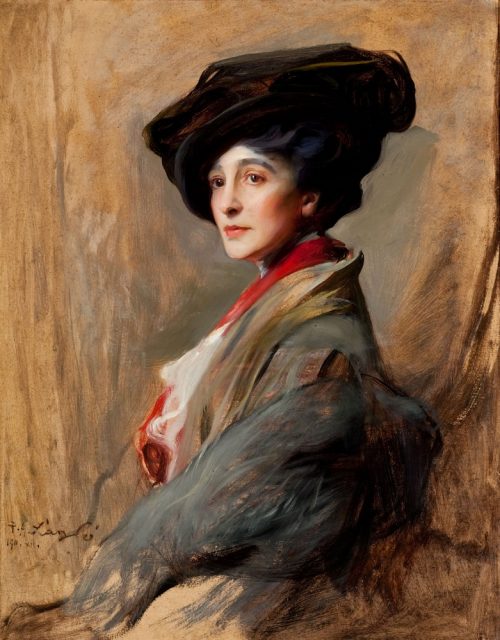Marshall Field’s Unruly Daughter
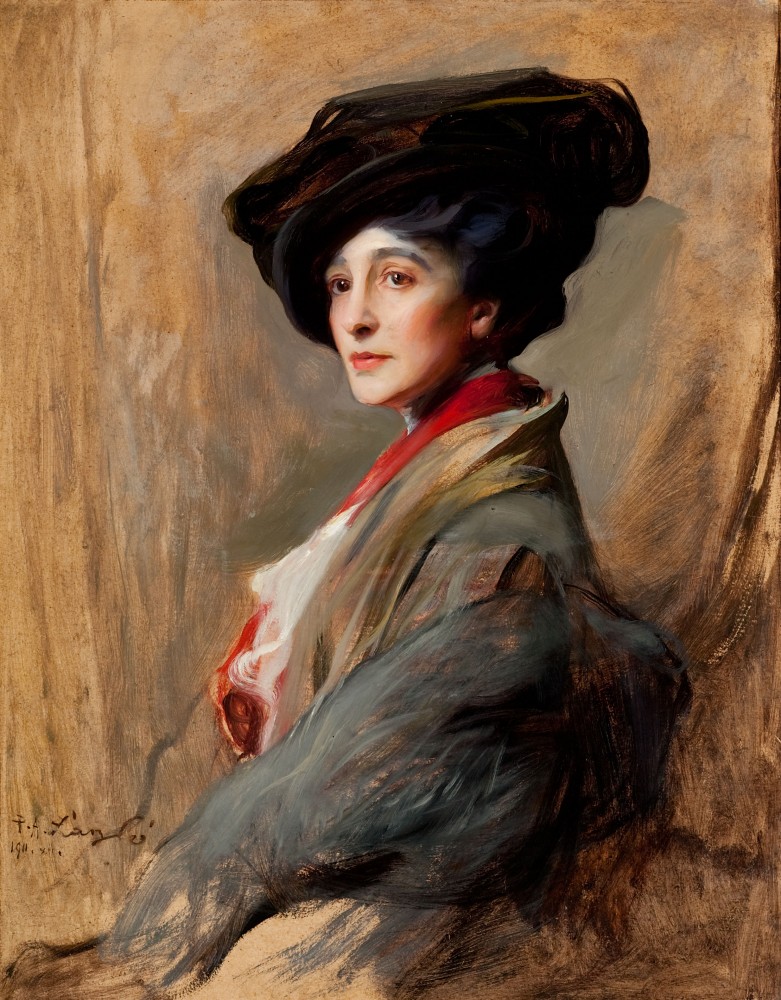
The beautiful, vivacious–and very rich Ethel

By Megan McKinney
Ronnie Tree, the only child of Arthur and Ethel Tree to survive infancy, was under three when the innocence of his toddler years was invaded by a completely adult world. At the beginning of 1899, little Ronnie’s mother—already separated from his father, Arthur Tree—was fox hunting near Newmarket, Suffolk, when she met British war hero David Beatty, who was captivated by the beautiful, vivacious and very rich Mrs. Tree. Although devastated, Arthur willingly released Ethel from their marriage and gained custody of Ronnie. Although the boy spent little time in his mother’s properties, they were an impressive portion of the Tree tradition of grand style and well worth studying.
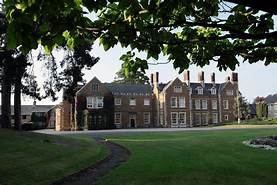
A favorite estate of Ethel and David Beatty was Brooksby Hall, a late 16th century manor house, which sits on 800 acres of land between Leicester and Melton Mowbray. David and Ethel were ardent fox hunters and at the time Melton Mowbray was still the center of fox hunting England; from this base it was possible to go out with a different hunt six days a week.
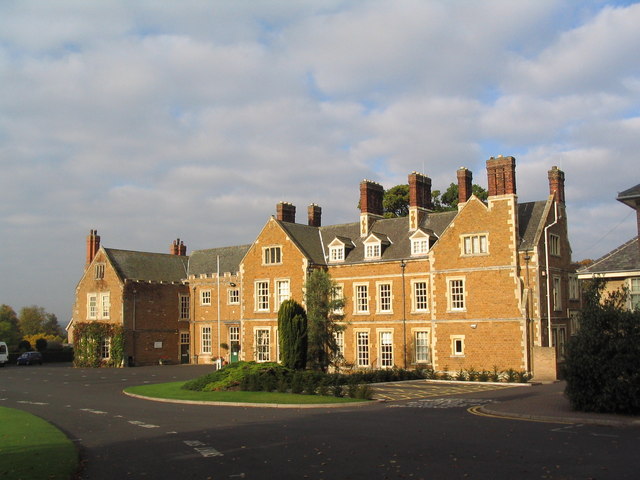
Ethel had two sons during her second marriage, David Field Beatty in 1905 and Peter Randolph Louis Beatty in 1910. David would marry four times and Peter never at all.
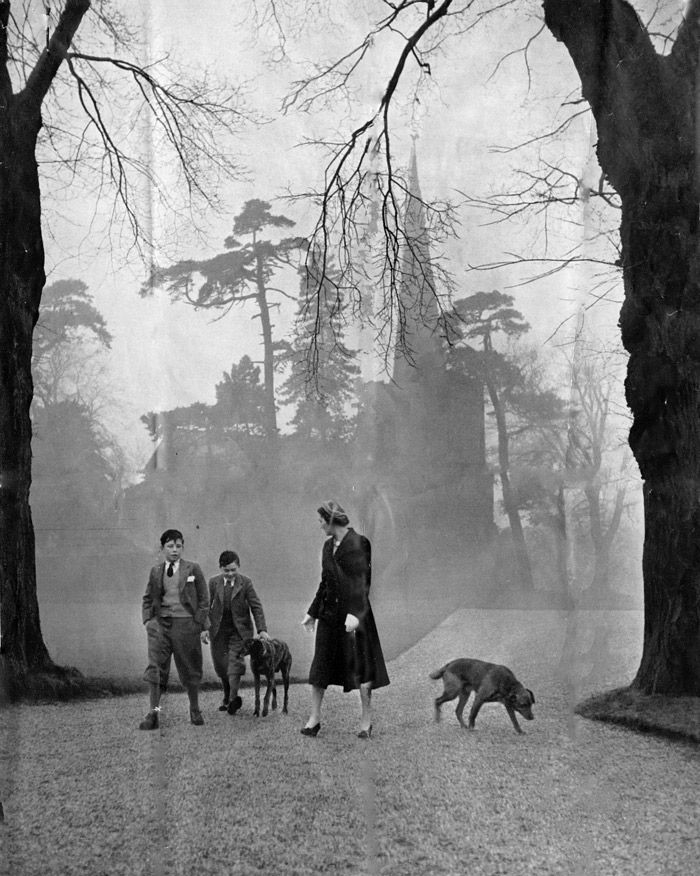 Ethel with her sons, David and Peter Beatty at Brooksby Hall
Ethel with her sons, David and Peter Beatty at Brooksby Hall
Ethel’s affair with David Beatty while married to Tree was not a random occurrence, which is possibly why the heartbroken Arthur gave her up so willingly. Both she and Beatty carried on affairs with others throughout their marriage and Ethel was a notoriously poor mother. She basically abandoned her son Ronnie from her first marriage; then in 1912, she left the children of her second marriage with her husband while she scooted off on a gambling trip to Monte Carlo.
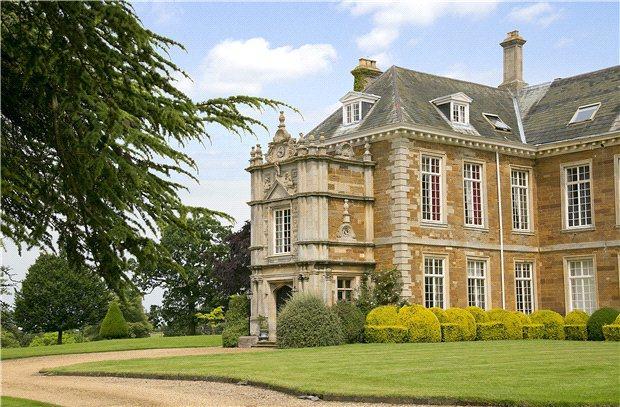
Dingley Hall, in Northamptonshire, was another long-time residence of the Beattys.
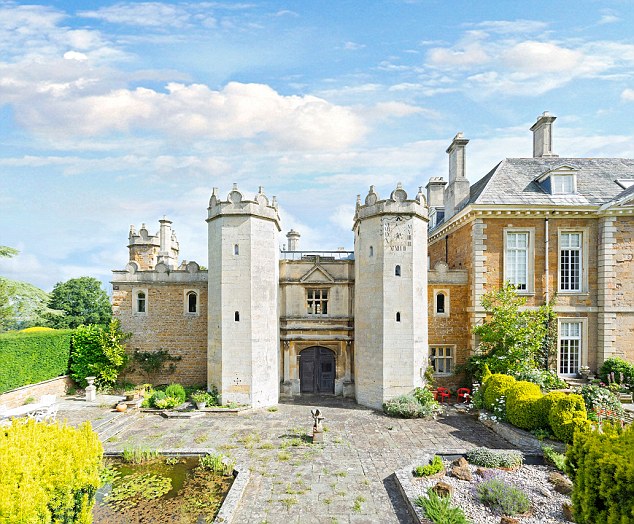
Although Ethel was buried at Dingley Hall when she died in 1932 and David requested in his will that he join her, the war hero is interred at St. Paul’s Cathedral. As a Knight Grand Cross of the Order of the Bath he also has a stall plate in the Lady Chapel at Westminster Abbey.
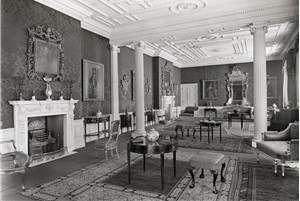
This handsome drawing room was a favorite in Dingley Hall, one of the Beattys’ long-time properties.
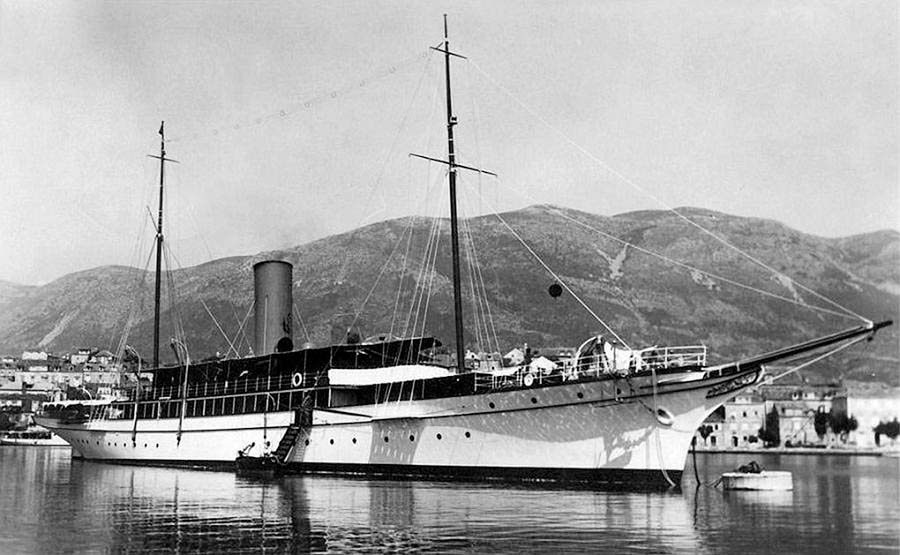
Another property was the steam yacht Sheelah, which the Beattys contributed to the Admiralty as a hospital ship during World War I, with Ethel stepping up to bear the cost of fitting her out.
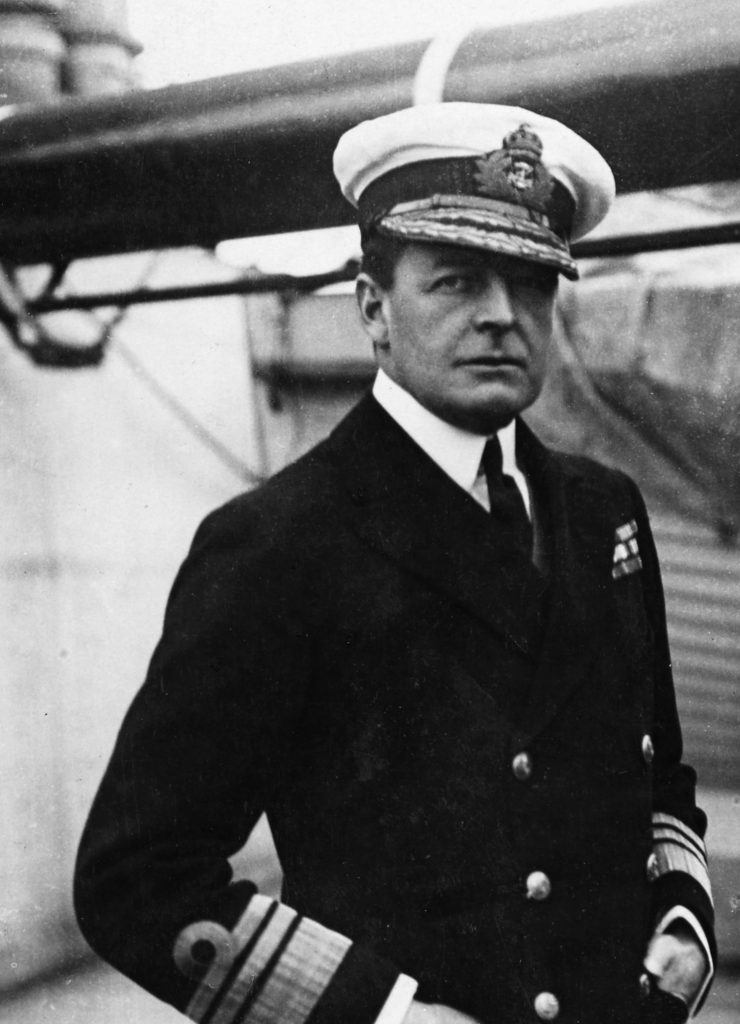
In 1919, David was raised to the peerage when he became the first Earl Beatty, making Ethel Countess Beatty.
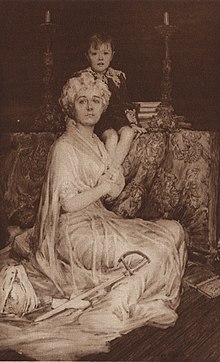
Ethel Beatty and her son, David.
Young David would inherit his father’s title. By contrast, his brother Peter’s life was dreadful, and it was “generally accepted” that he was illegitimate. He had had birth complications that were thought to originate from a venereal disease carried by Ethel. They affected his eyesight and muscle control for the rest of his life, which ended in 1949 when he died by his own hand after learning he would lose his sight completely.
Oddly, however, his nickname was “Lucky” because of success in betting on racehorses, and he would also own one of England’s great historic properties, which will be examined in an upcoming segment of this series.
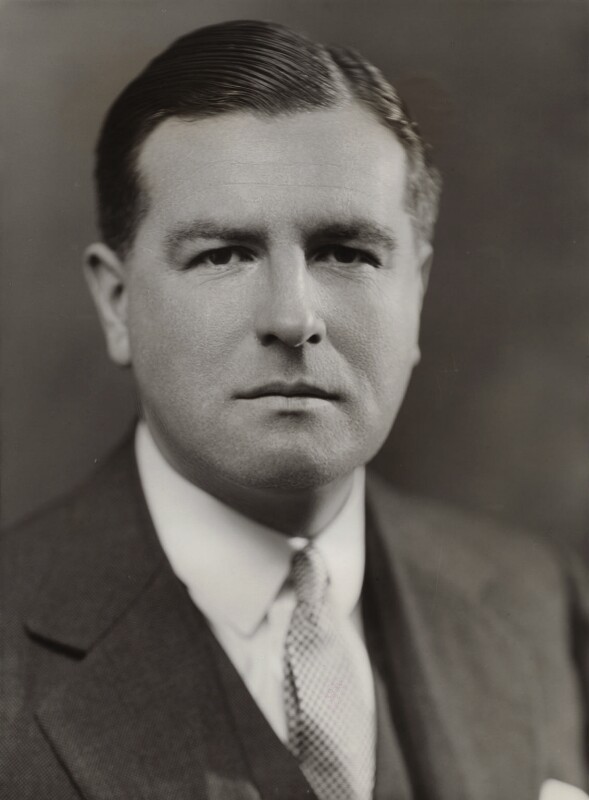
Ronnie Tree
It is with Lady Beatty’s eldest son, Ronnie Tree, his wives, his taste and his almost unlimited funds from the Chicago-based Lambert Tree Trust that the wonder of the glorious Tree-related houses and their sumptuous interiors escalate.
Join Classic Chicago Publisher Megan McKinney’s Great Chicago Fortunes next for the story of Ronnie Tree and his first wife, the fabulous interior designer Nancy Lancaster.
Edited by Amanda K. O’Brien
Author Photo: Robert F. Carl



